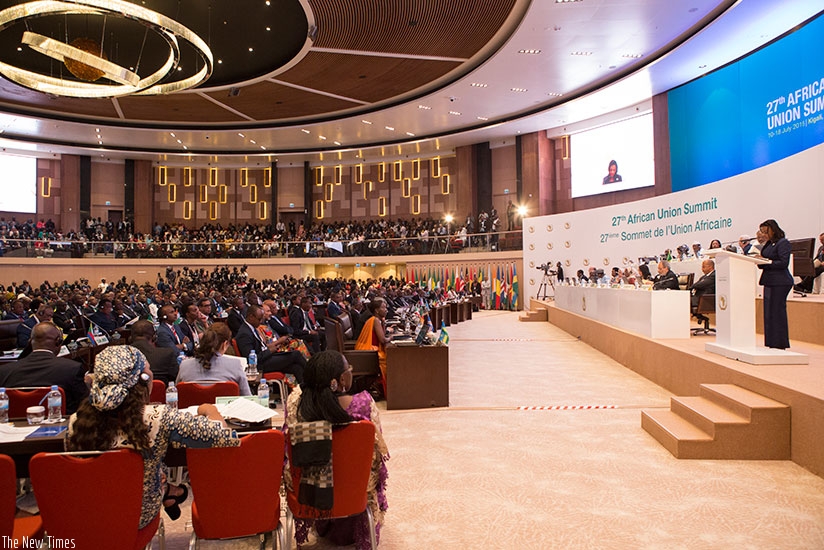Editor, RE: “Does Africa have a story to tell?” (The New Times, November 6).


Editor,
RE: "Does Africa have a story to tell?” (The New Times, November 6).
When the writer states that Africa only "potentially” has a story to tell, it implies an underlying doubt in Africa having a story to tell. I find this odd.
He also claims the "prerequisite” for a story is the teller drawing themselves into consciousness. Consciousness births the story, he says. There are a number of issues with these statements. A number of questions which a reader would raise, but find no answer to in the article.
One question might be what is "Africa’s story”? Is there even such a thing as "Africa’s story”? Can we on the one hand continually remind the world that Africa is not a country, yet on the other hand speak of "Africa’s story”?
Is Ethiopia’s story the same as Botswana’s or Algeria’s? If we insist on our diversity, must a natural consequence not be a diversity of African stories? There is no "African story”, unless one subscribes to the Eurocentric view, in which case there very well is an "African story”, one which you and I are quite familiar with.
Africa, to refer to its inhabitants as a geographic collection have stories to tell. Billions of them. And if consciousness is the prerequisite, then consciousness among Africans is achieved by default. If you are limiting the concept of consciousness to the amorphous realm of "political consciousness” then the African stories you are looking for will be few, repetitive and therefore quite boring.
The consciousness of the African, storyteller or otherwise, is expressed in as mundane a form as self-awareness of what it means to be an African teen-aged boy in Nigeria’s North East studying for exams at night during the third month of uninterrupted interruption of electrical power supply, or outside Somalia’s Mogadishu.
Self-awareness of what it means to be a trader in the streets of Egypt, a policeman in Mali, a doctor in a queue at a western country’s visa section. Self-awareness of what it means to be a coder in Kigali’s kLab, or a gamer in Pretoria.
Self-awareness of what it means to be gay in Uganda, or black in North Africa. Self-awareness of being a public servant in a francophone West African finance ministry when you have to borrow back your own money from your French colonial masters.
African stories are being told every day. Are we listening? Are we reading, watching and perhaps retelling them? Are we comfortable with the content of these stories? Or are we only here for the "Africa Rising” genre of storytelling? Consciousness is not the prerequisite of telling a story, African or otherwise.
Experience is the real prerequisite. What you have experienced or are experiencing in your life, is what forms the basis of stories you tend to tell. A young Boko Haram recruit, a françafrique soul seller, an Egyptian football star, and the Angolan ambassador to Mauritania each have African stories to tell, and do so quasi on a daily basis.
If the problem is capturing these stories in a more constant and widely accessible fashion, surely this is another topic altogether, one of infrastructures and frameworks no less.
Dayo Ntwari


